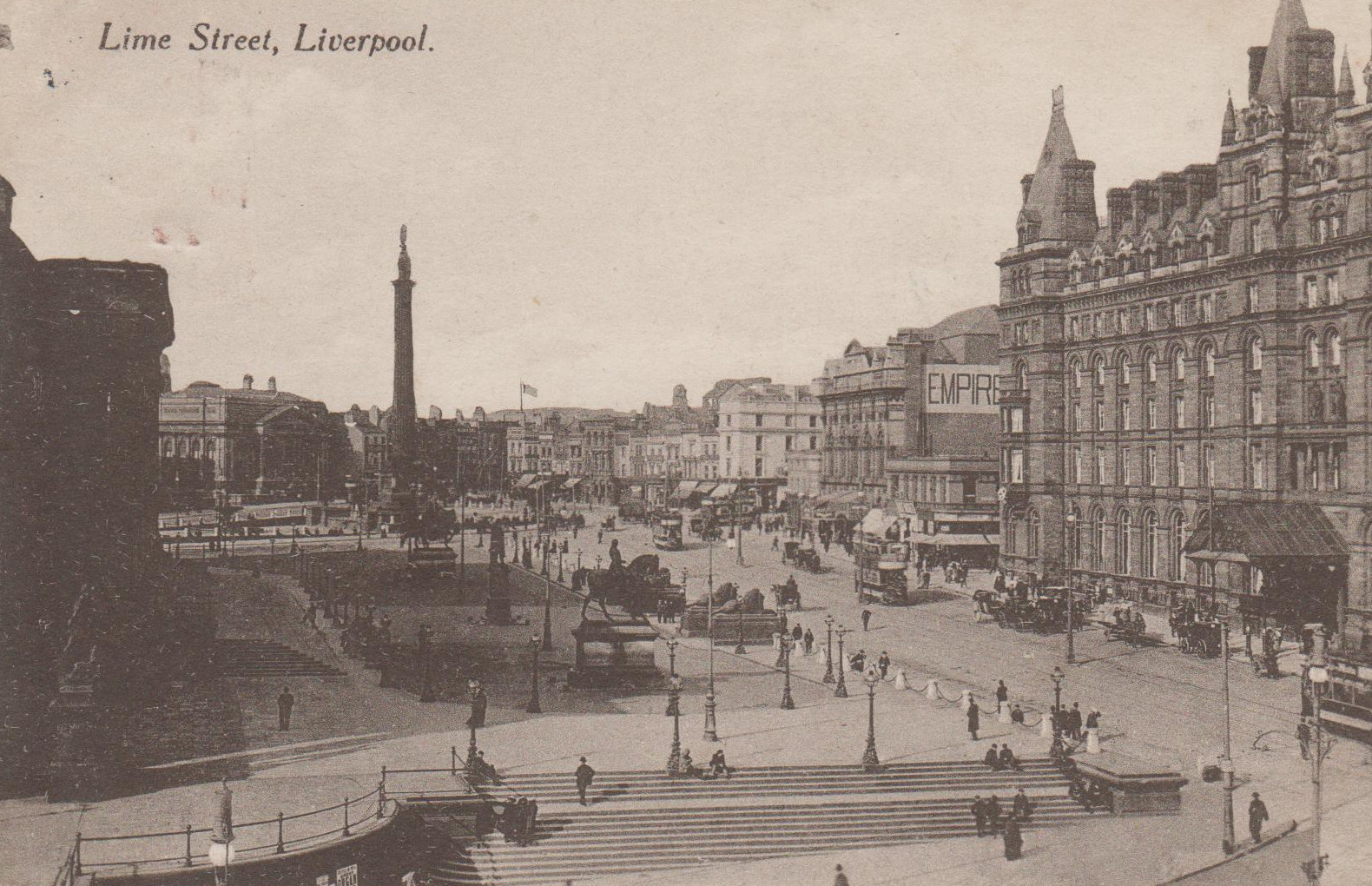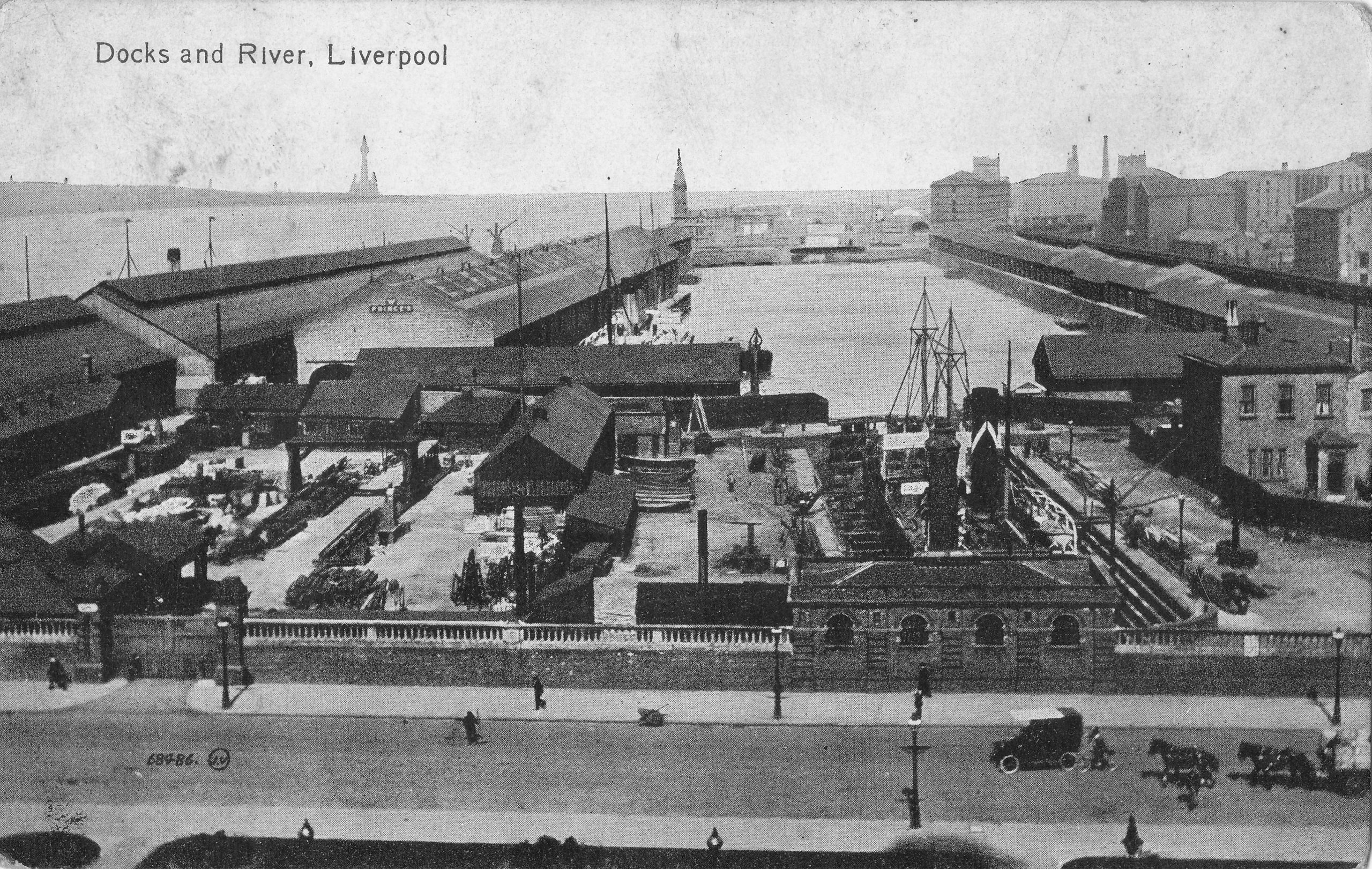Uncovering Historic Liverpool: A Journey Through Time And Importance
Detail Author:
- Name : Antwan Osinski MD
- Username : sheldon69
- Email : edgardo.harris@yahoo.com
- Birthdate : 1989-04-10
- Address : 5387 Bechtelar Pass Apt. 496 Port Kenfurt, NV 91884
- Phone : +1.325.272.6816
- Company : Beer Group
- Job : Precision Dyer
- Bio : Sit et excepturi aperiam enim. Commodi ea mollitia voluptatem qui esse veritatis quo ut.
Socials
instagram:
- url : https://instagram.com/janickcollins
- username : janickcollins
- bio : Totam ut omnis quaerat fuga eius qui. Non earum labore deleniti.
- followers : 4614
- following : 1377
twitter:
- url : https://twitter.com/janick4348
- username : janick4348
- bio : Dolorum accusantium quia et adipisci et dolore. Aliquam vel corrupti eaque quas ut. Sunt occaecati id labore non quos qui quia.
- followers : 1598
- following : 1102
Imagine a place where every cobblestone seems to whisper stories of ages past, where the very air carries echoes of grand events and significant moments. That, in a way, is Liverpool. This remarkable city, sitting by the River Mersey, holds a truly special place in the tapestry of human endeavor. It is not just a collection of old buildings; it is a living testament to times that shaped the world, and so, it is very much a historic place.
You see, the meaning of 'historic' is quite distinct from simply 'historical'. As my text points out, 'historic' describes something momentous or important in history, something that has importance or significance in history. Think of July 4, 1776, as a truly historic date, or the historic first voyage to the moon. These are events that altered the course of things, and in some respects, Liverpool itself has done just that, time and again.
A historic house, for example, is likely to be of interest not just because it is relatively old, but because something truly meaningful happened there, or it represents a turning point. Liverpool, with its rich past, offers countless such instances, and you know, it really invites you to explore its deep roots and discover what makes it so incredibly special.
Table of Contents
- The True Meaning of 'Historic'
- Liverpool's Enduring Importance: A Look at Its Past
- Experiencing Liverpool's Past Today
- Frequently Asked Questions About Historic Liverpool
The True Meaning of 'Historic'
When we talk about something being 'historic', we are really talking about its lasting impact. My text helps us understand this difference quite well. 'Historic' means 'important or likely to be important in history'. It describes an object, an event, or a place that significantly happened in the past, such as a historic event or a historic moment. This is a very key distinction to keep in mind, you know, as we look at Liverpool.
On the other hand, 'historical' simply describes something that belongs to an earlier period of history, regardless of its significance. As William Safire once said, "any past event is historical, but only the most significant ones are historic." So, while many things in Liverpool are 'historical' – they happened in the past – a great many are also 'historic' because they carry immense weight and meaning for the story of human activity, and that's really something to think about.
The systematic study and documentation of human activity, which is what history is, helps us see this. When we say Liverpool is 'historic', we are acknowledging its role in shaping global events, its contributions to culture, and its deep connections to the lives of countless people. It's not just old; it's profoundly meaningful, and that is that.
Liverpool's Enduring Importance: A Look at Its Past
Liverpool’s journey from a small fishing village to a global port city is truly a remarkable tale. Its development was not just a series of events; it was a sequence of momentous happenings that left a lasting mark on the world. This makes the city itself a truly historic entity, a place where the past isn't just remembered, but actively felt, you know, in its very fabric.
Maritime Marvels and Global Connections
For centuries, Liverpool was, in a way, the gateway to the world. Its docks, particularly the Royal Albert Dock, were once bustling hubs of trade and human movement. This site is considered historic because it played a central role in global commerce, connecting Britain to every corner of the planet. It was a place where goods from faraway lands arrived and where countless people set sail for new lives, and that is a pretty big deal.
The city's maritime heritage is not just about ships and cargo; it's about the movement of people, ideas, and cultures. Millions of emigrants passed through Liverpool, making it a pivotal point in the story of human migration. This massive flow of people and goods makes its docks and related structures truly historic, not merely old, because they represent a significant chapter in human history, you know, a very important one.
The sheer scale of its shipping operations, the innovations in dock technology, and its role in major historical events like the transatlantic slave trade (a dark but undeniably significant part of its past) all contribute to its historic status. These elements are associated with significant events in history, making Liverpool's waterfront an incredibly potent symbol of its past importance, and you can really feel that history when you walk there today.
Cultural Heartbeat and Creative Sparks
Beyond its port, Liverpool has given the world an astonishing amount of cultural richness. It is, arguably, most famous as the birthplace of The Beatles, a band that, you know, completely changed the face of music forever. Their story, from humble beginnings in Liverpool to global superstardom, is a historic phenomenon, not just a historical one.
But the city's cultural impact goes far deeper. It has been a hotbed for art, literature, and social change. From its vibrant music scene that continues to thrive, to its innovative theatre and comedy, Liverpool has always been a place where creative sparks fly. This continuous output of significant cultural movements makes it a truly historic center of creativity, and it's something that just keeps on giving, so to speak.
The city's passion for sport, particularly football, also adds to its historic character. The rivalries and successes of its football clubs are deeply woven into the city's identity and have created moments of immense significance for millions of fans worldwide. These are not just pastimes; they are cultural institutions that have shaped communities and identities, making them, you know, very much historic in their own right.
Architectural Wonders and Urban Stories
Walking through Liverpool, you are surrounded by buildings that tell powerful stories. The city's architecture is a magnificent blend of styles, reflecting its growth and changing fortunes. From the grand Victorian buildings that speak of immense wealth and power to the striking modern structures, each piece of architecture contributes to the city's historic narrative, and that's something you can literally see.
The two magnificent cathedrals, the Anglican and the Metropolitan, stand as towering symbols of faith and human endeavor. Their construction, spanning decades and reflecting different architectural philosophies, represents a monumental achievement and a significant part of the city's identity. They are, in a way, historic landmarks that inspire awe and reflection, and they truly stand out.
Areas like the Georgian Quarter, with its beautiful terraced houses, offer a glimpse into the lives of past residents and the city's development over time. These are not just old homes; they are historic because they represent a distinct period of urban planning and social life, offering insights into how people lived and interacted in a bustling port city. They are, you know, very much a living museum.
Experiencing Liverpool's Past Today
To truly appreciate historic Liverpool, you need to immerse yourself in its atmosphere. The city has done a remarkable job of preserving its past while looking towards the future. You can easily spend days exploring its historic sites, each offering a unique window into a different era, and that's a rather wonderful way to spend your time.
Consider visiting the Merseyside Maritime Museum, which delves into the city's seafaring past, including the poignant stories of emigration and the Titanic. Or perhaps take a stroll around the Albert Dock, now a vibrant cultural quarter, where the old warehouses have been given new life. This area, you know, really allows you to feel the history while enjoying modern amenities.
For music enthusiasts, a visit to The Beatles Story museum or a tour of their childhood homes offers a tangible connection to a historic cultural phenomenon. Even just walking through the city streets, looking up at the grand buildings, you can sense the weight of history all around you. It's almost like the city itself is telling you its stories, and that's a pretty cool experience.
You can also explore places like the Liverpool Cathedral, an architectural marvel that truly takes your breath away. Its sheer scale and beauty are a testament to human ambition and faith, making it a truly historic structure. For more detailed insights into specific historical periods or topics, local archives and societies, similar to the Historical Society of Palm Beach County which houses millions of objects and images, are invaluable resources for anyone looking to learn more about the city's rich past. Learn more about on our site, and you might also like to link to this page for more local stories.
Frequently Asked Questions About Historic Liverpool
Why is Liverpool a historic city?
Liverpool is a historic city because it played a momentous and important role in global events, particularly in trade, migration, and culture. Its docks were central to worldwide commerce and human movement, while its cultural contributions, like The Beatles, changed the world. These are not just past events; they are significant milestones that shaped history, making Liverpool a truly historic place, you know, in every sense.
What are the most important historic sites in Liverpool?
Some of the most important historic sites in Liverpool include the Royal Albert Dock, a UNESCO World Heritage site that was central to maritime trade. The two cathedrals, the Anglican and the Metropolitan, are also incredibly significant architectural and spiritual landmarks. Additionally, places like Mathew Street, connected to The Beatles' early days, hold immense historic cultural importance, and that's just to name a few.
How can I experience Liverpool's history?
You can experience Liverpool's history in many ways. Consider visiting museums like the Merseyside Maritime Museum or The Beatles Story. Walking tours offer insights into the city's architecture and hidden stories. Simply strolling through areas like the Georgian Quarter or along the waterfront allows you to soak in the atmosphere of a city that has witnessed so much, and you know, it's a very engaging way to learn.
As of today, October 26, 2023, Liverpool continues to honor its past while creating new history. Its story is far from over, and its historic importance remains as relevant as ever. If you're interested in exploring more about significant historical locations, you might find information about the Florida Historic Golf Trail interesting, which is a program promoting publicly accessible historic golf courses in Florida. It's always a good idea to see how other places preserve and present their past, and you can find more about that here.


